Moscow, April 2 ,2025 : The United States’ approach to resolving the Ukraine conflict has not tackled the fundamental causes of the crisis, Russian Deputy Foreign Minister Sergey Ryabkov said on Tuesday.
“We have yet to hear any indication from (U.S. President Donald) Trump urging Kiev to end the war,” Ryabkov stated in an interview with International Affairs magazine. He pointed out that Washington’s strategy appears to focus solely on establishing a ceasefire framework rather than addressing the deeper geopolitical and security concerns that fuel the conflict.
US Approach Lacks Depth, Says Russia
Ryabkov emphasized that Moscow takes Washington’s proposals seriously but does not accept them outright. He argued that Russia has its own well-defined priorities and approaches to the crisis, which are based on a long-term vision rather than short-term tactical gains.
“The only approach the Americans seem to be pursuing is a ceasefire framework that aligns with their own objectives,” he said. “However, any resolution must consider the broader geopolitical realities and Russia’s security concerns.”
According to Ryabkov, the U.S. has not demonstrated any willingness to address Russia’s core grievances, including NATO expansion, military aid to Ukraine, and Western involvement in shaping Ukraine’s political landscape. He insisted that any meaningful resolution should involve genuine negotiations rather than unilateral pressure on Moscow.
Ceasefire Talks Held in Saudi Arabia
Last week, Riyadh hosted three days of technical-level negotiations, where U.S. and Ukrainian delegations held discussions, as did U.S. and Russian representatives in separate meetings. These talks were part of ongoing diplomatic efforts to explore a potential ceasefire agreement.
Despite these engagements, Ryabkov suggested that Washington’s efforts are primarily focused on containing the conflict rather than achieving a lasting solution.
“The battlefield situation remains tense, and any attempts at negotiations must acknowledge the complex realities on the ground,” he noted.
Challenges to Peace Talks
The Ukraine conflict remains deeply rooted in political, historical, and security-related tensions between Russia and the West. Analysts argue that several factors make the situation more challenging:
-
Deep Distrust Between the Parties: Russia and Ukraine, as well as their respective allies, remain highly skeptical of each other’s intentions. The lack of trust makes any potential ceasefire fragile and temporary at best.
-
Conflicting Demands: Russia has consistently demanded security guarantees and the recognition of territories under its control, while Ukraine insists on restoring its pre-2014 borders and ensuring that Russia is held accountable for its actions. These demands are difficult to reconcile.
-
Western Military Aid: The continued supply of Western weapons and financial support to Ukraine has prolonged the conflict, with Moscow viewing it as a direct threat. At the same time, Kyiv argues that external support is necessary for its survival.
-
Lack of a Comprehensive Roadmap: While several countries have attempted to mediate peace talks, there is no clear diplomatic roadmap that satisfies all sides. Proposals from the West often focus on immediate de-escalation, whereas Russia seeks long-term security commitments.
Future Prospects
With no clear breakthrough in sight, Ryabkov’s comments reflect Moscow’s frustration with what it perceives as a one-sided diplomatic approach from Washington. He warned that any peace deal must go beyond surface-level solutions and address the larger strategic concerns between Russia and the West.
“Until the U.S. and its allies take our concerns seriously, achieving a lasting resolution will remain a challenge,” he concluded.
As the war continues, global attention remains focused on diplomatic efforts to end hostilities. However, the complexities involved suggest that peace will not come easily without fundamental shifts in policy from all sides in














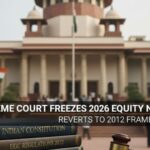




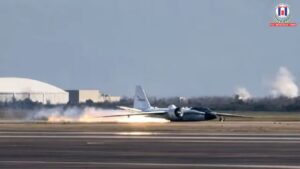
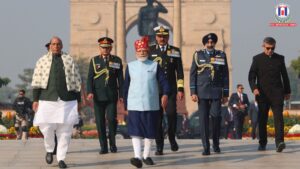




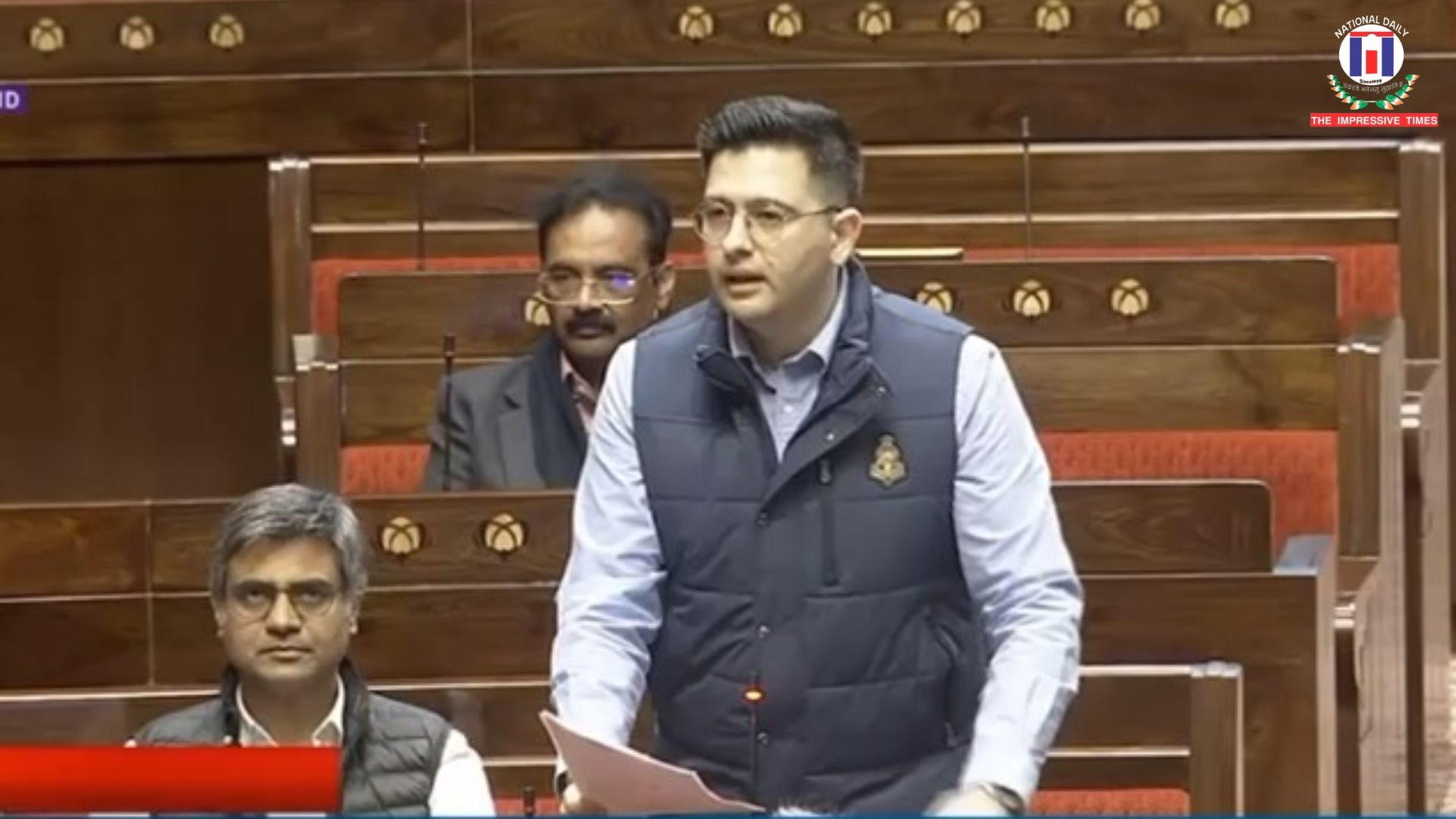
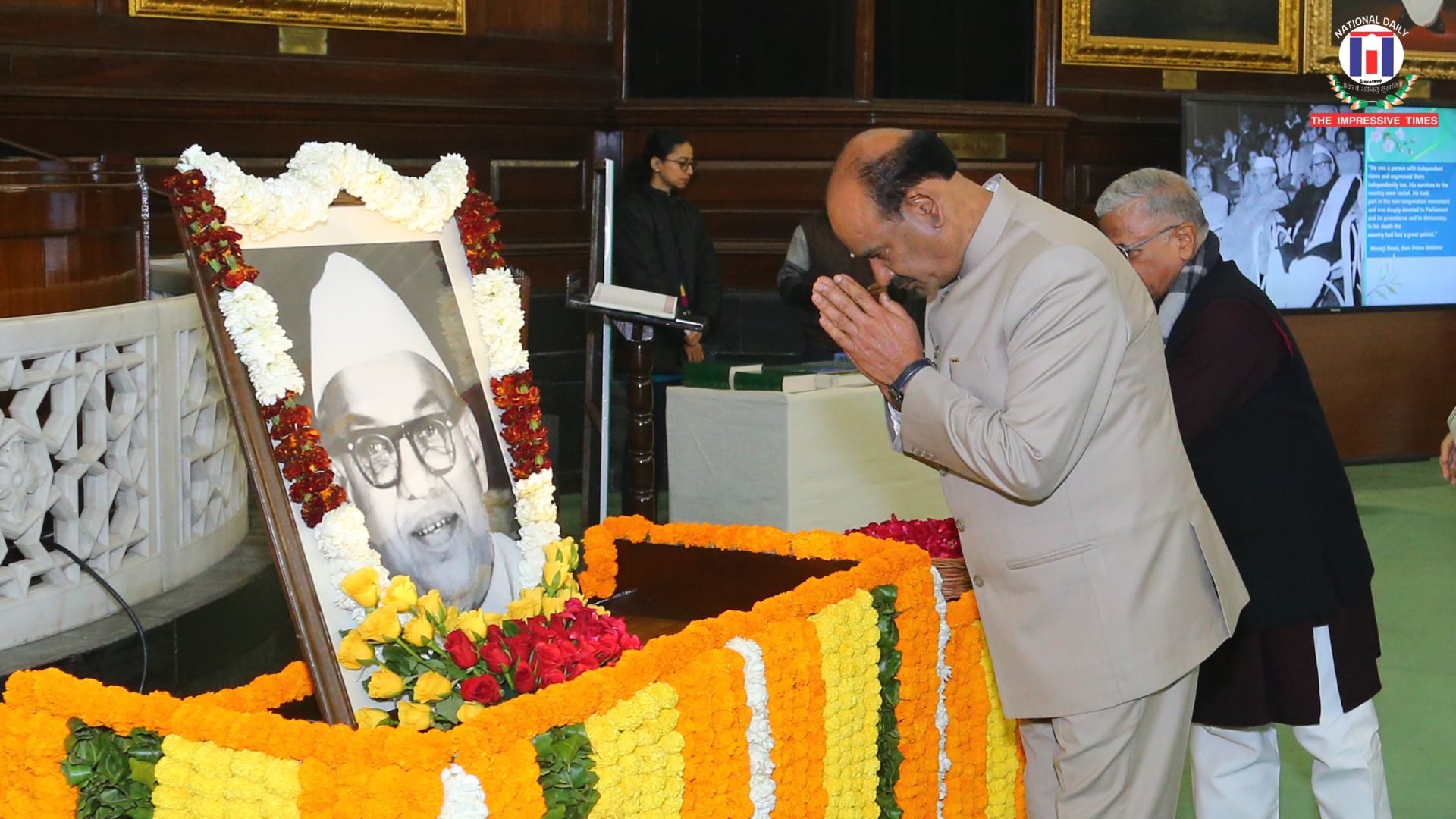
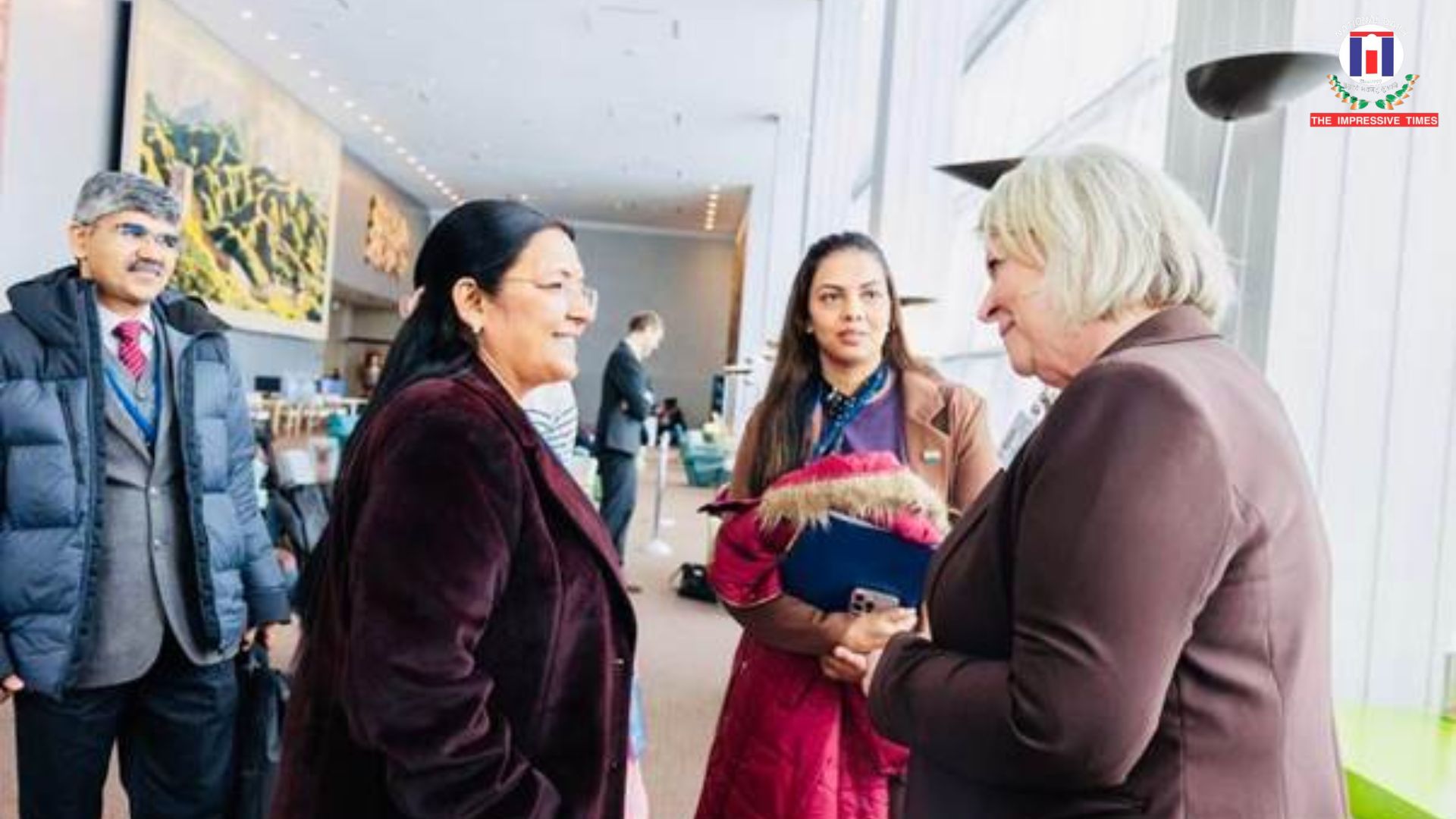




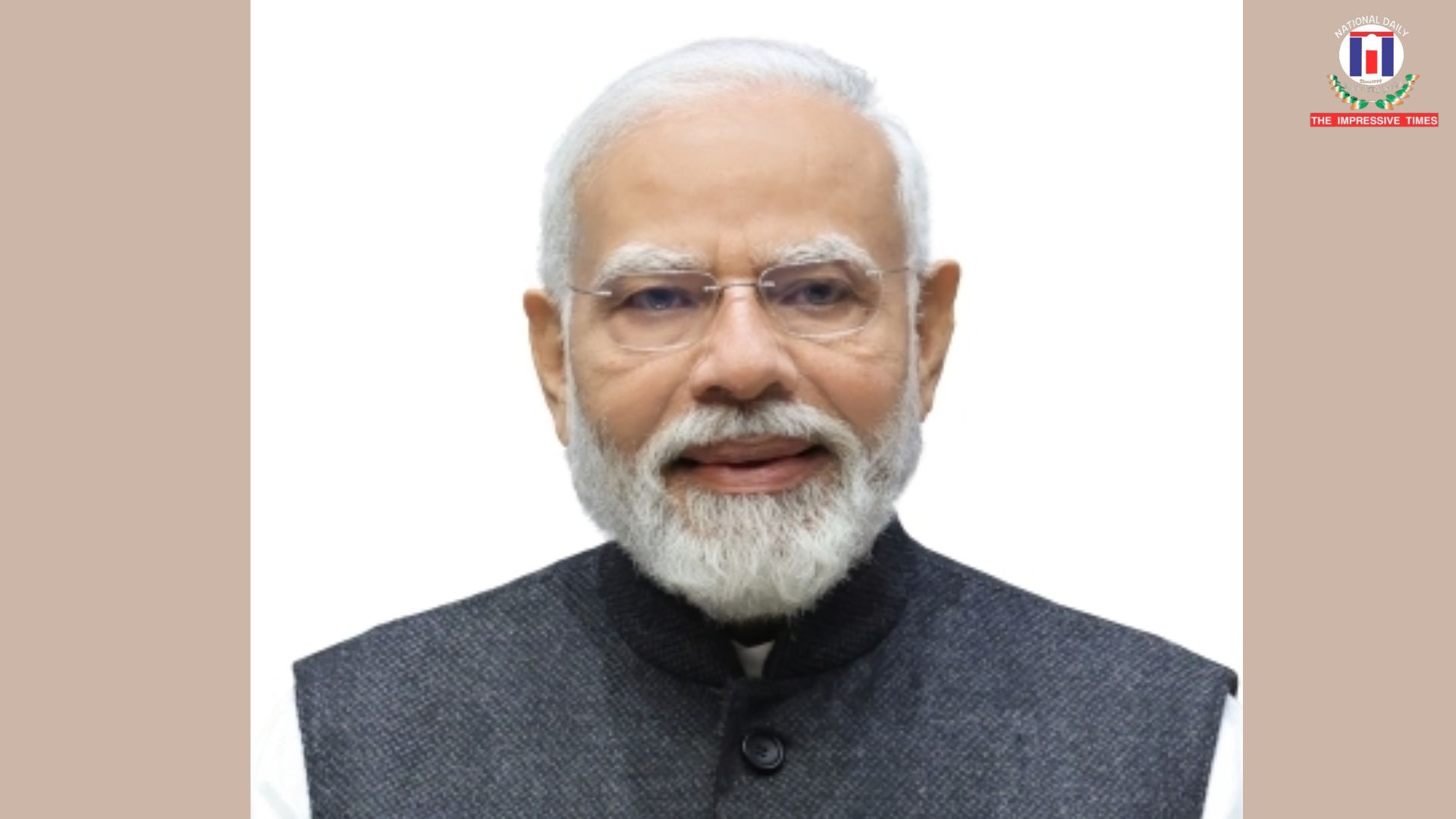

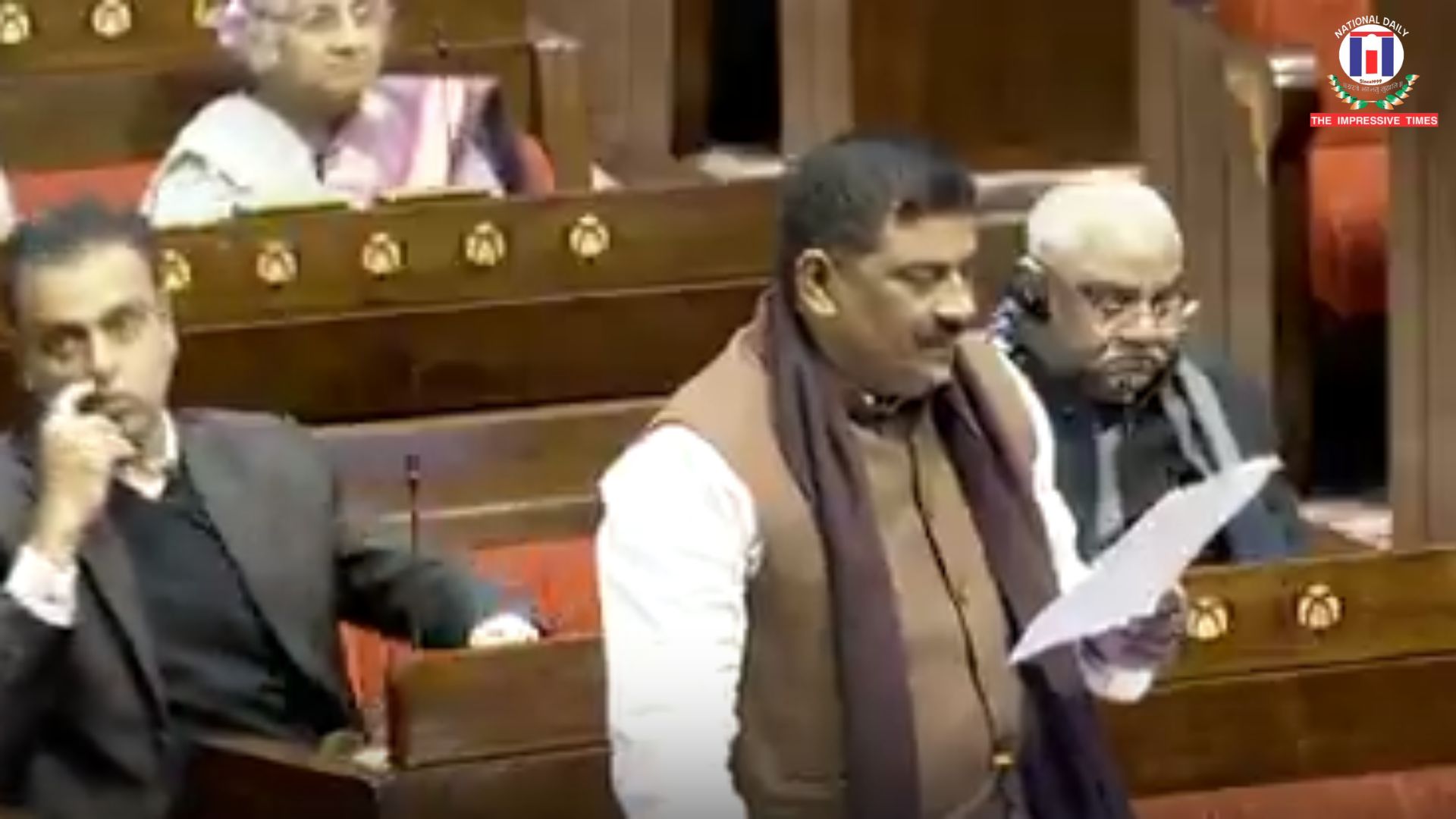
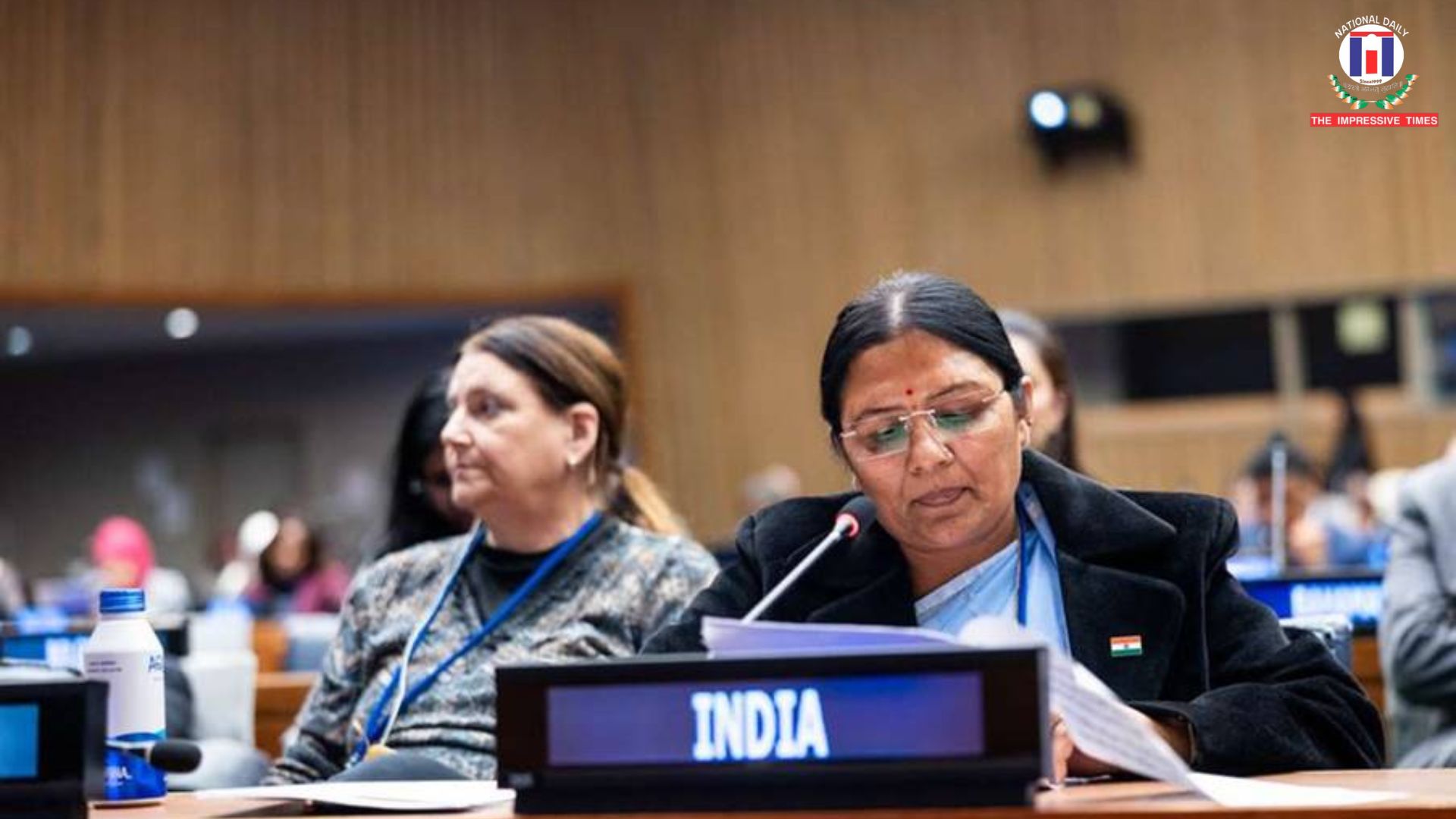
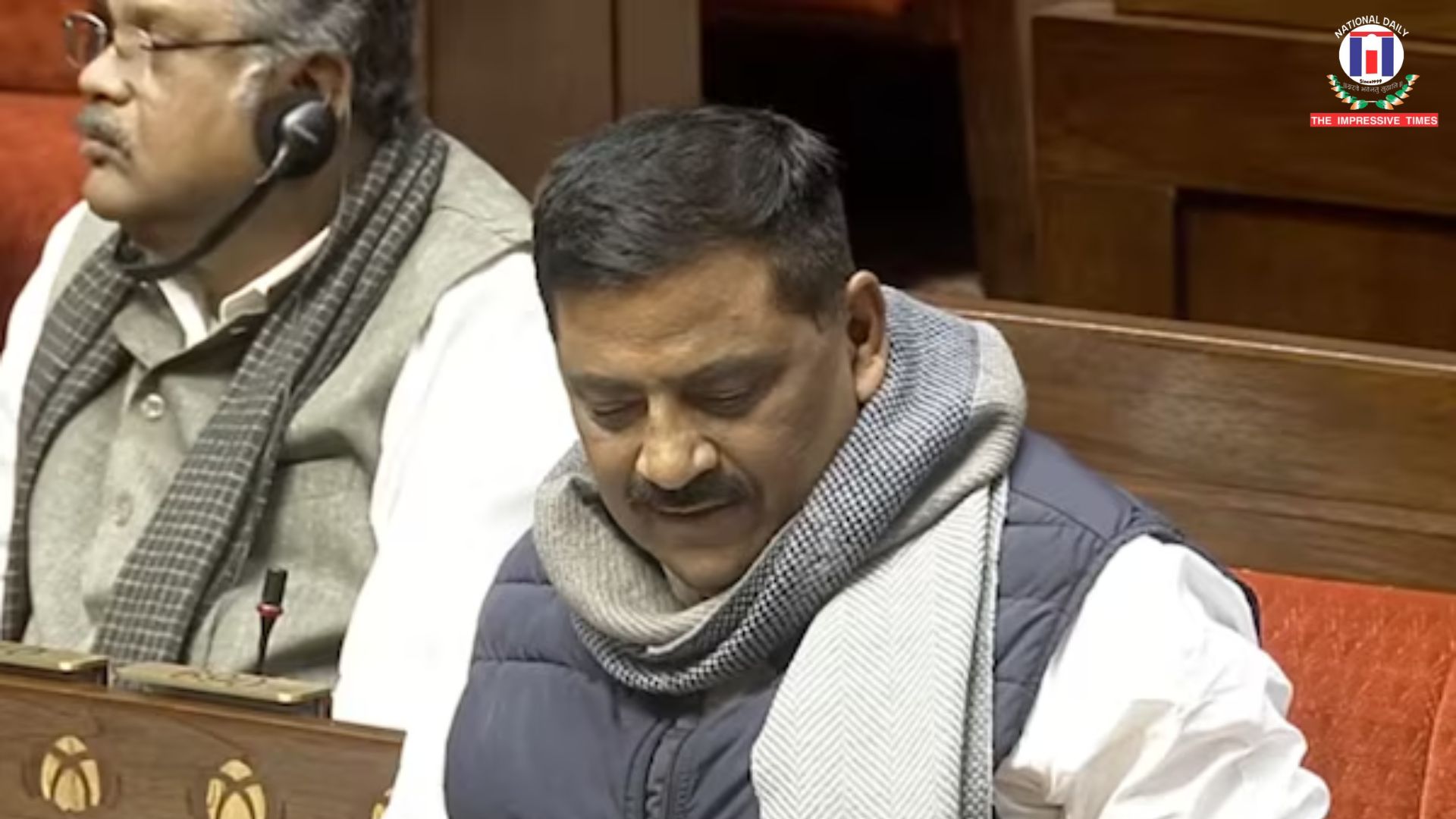



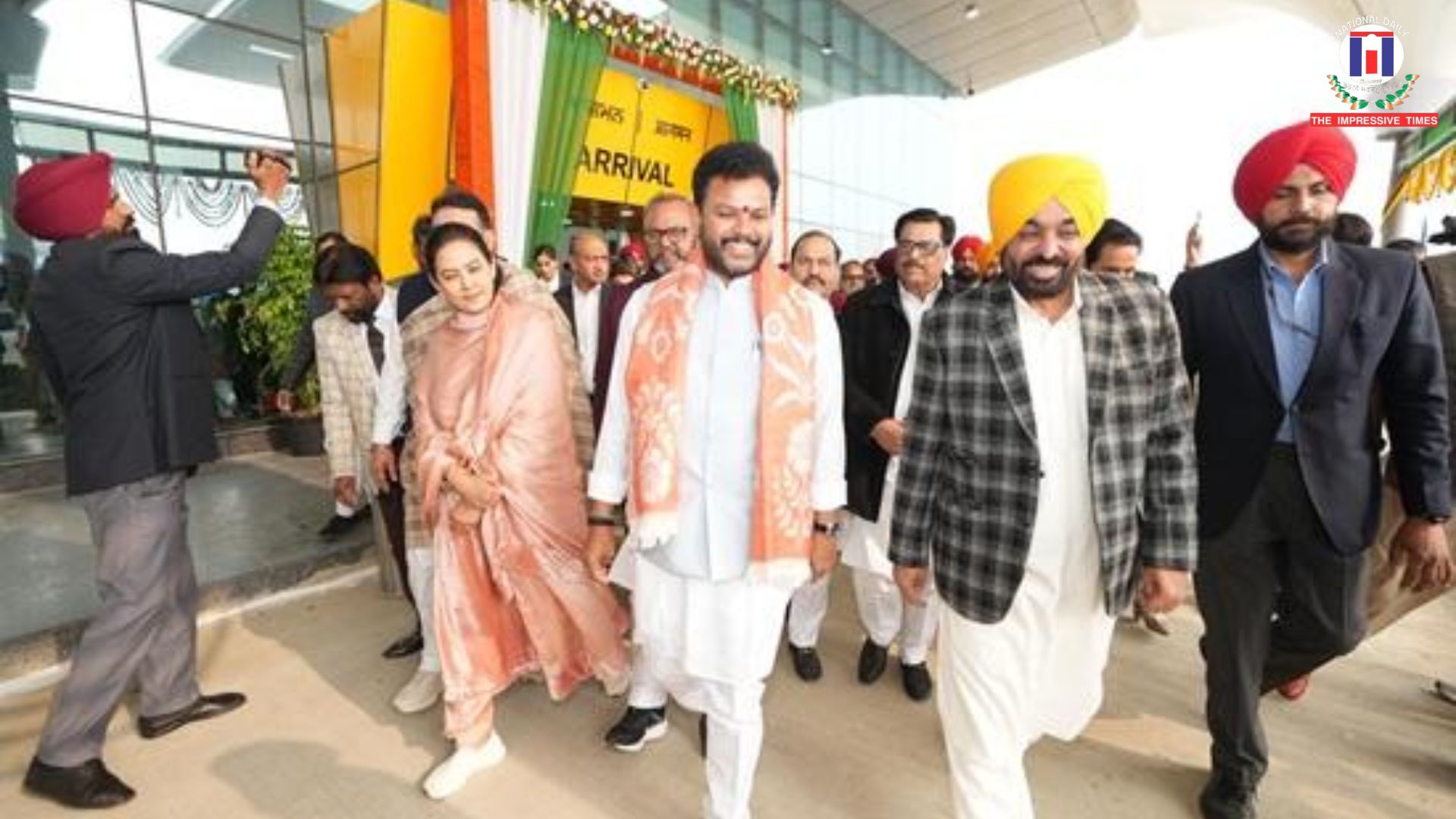

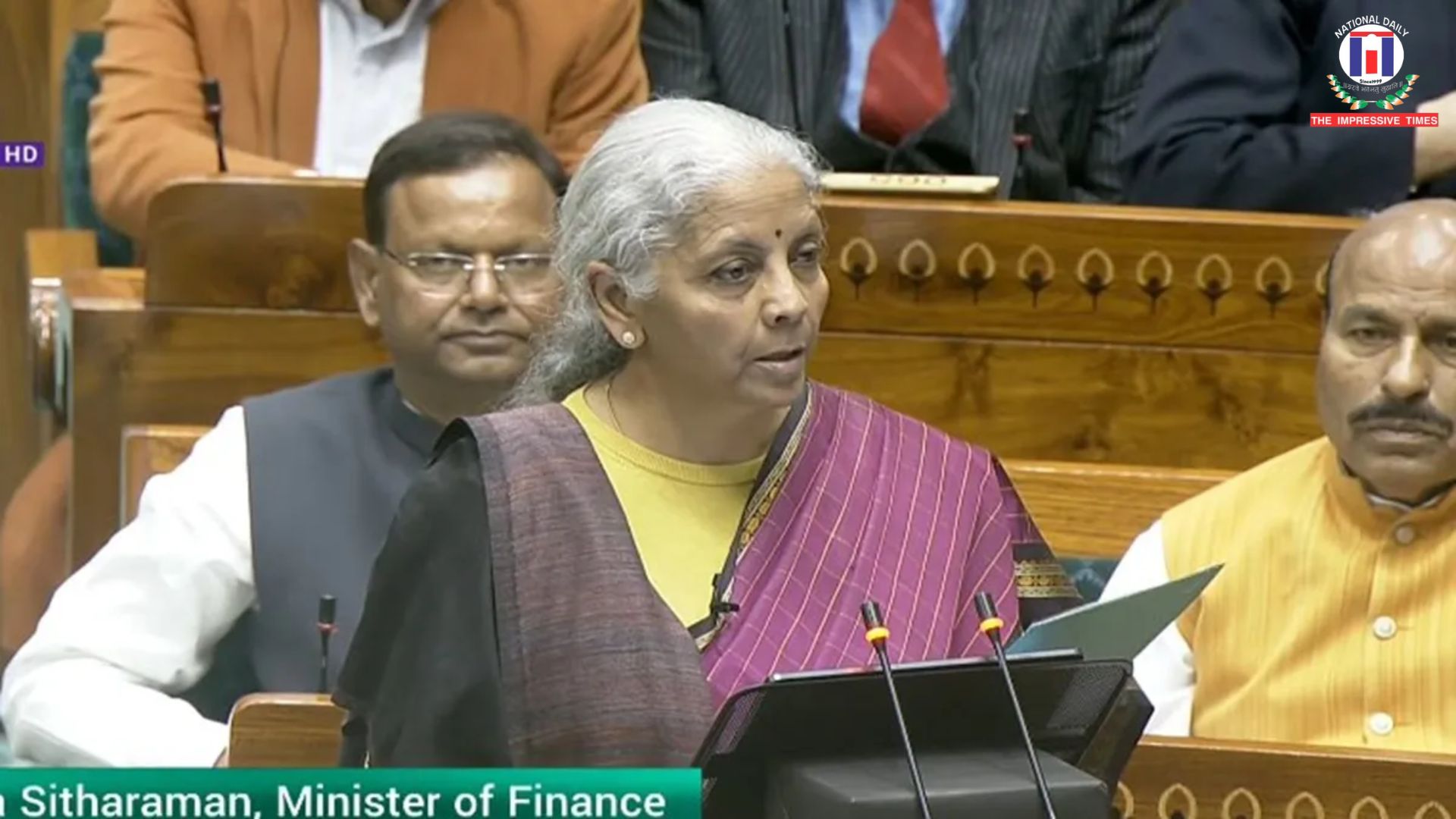





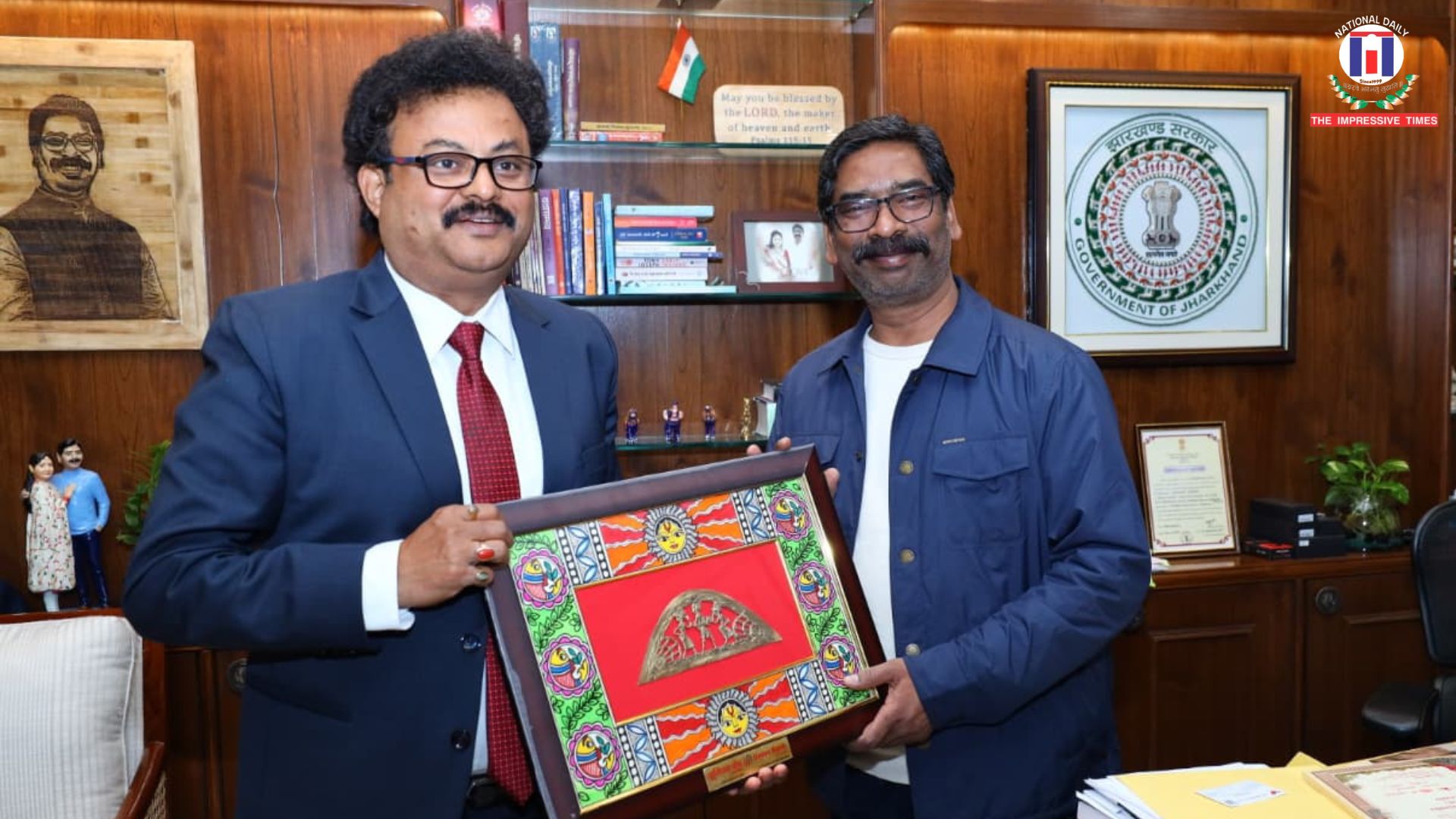
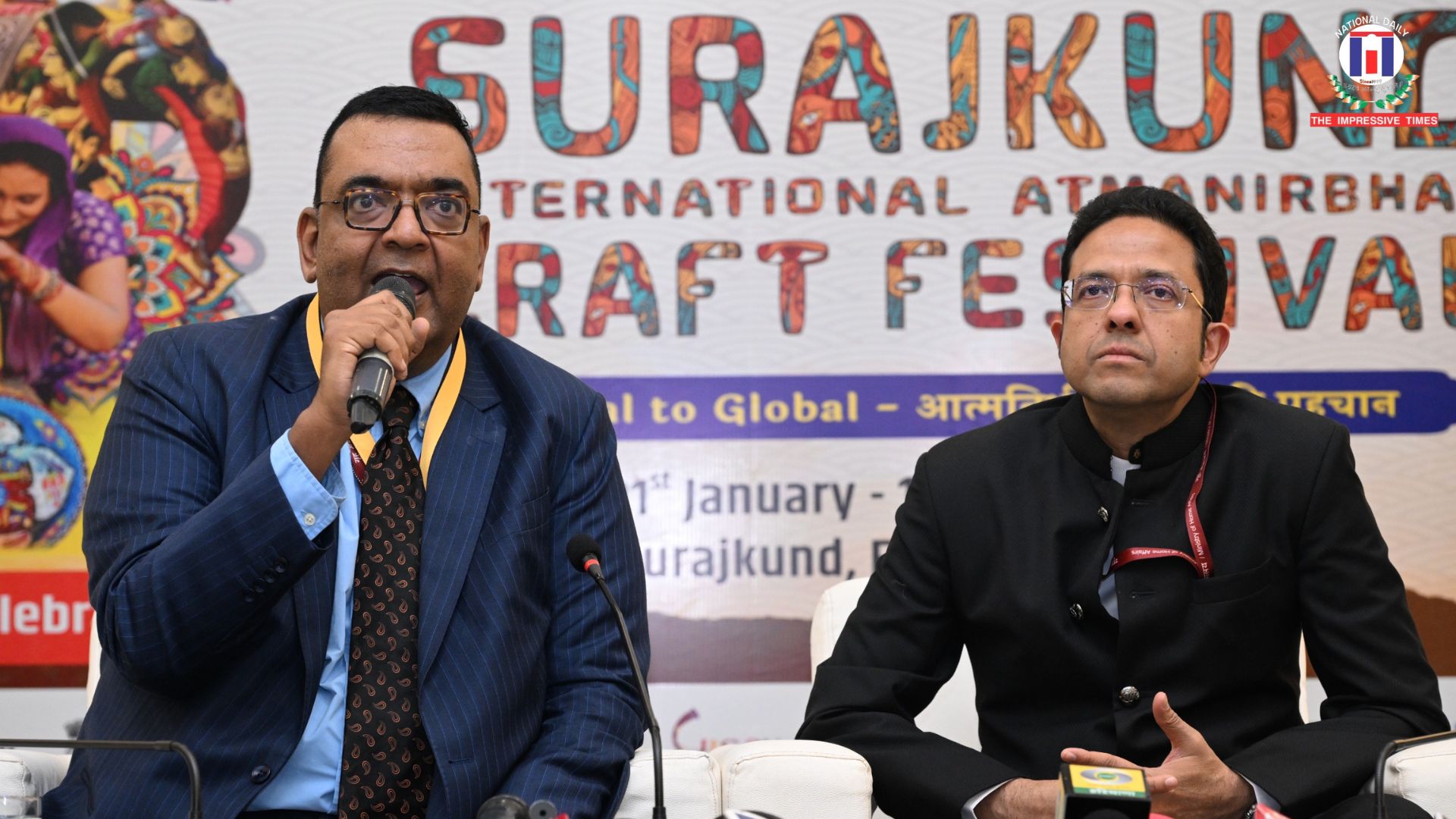

No Comments: